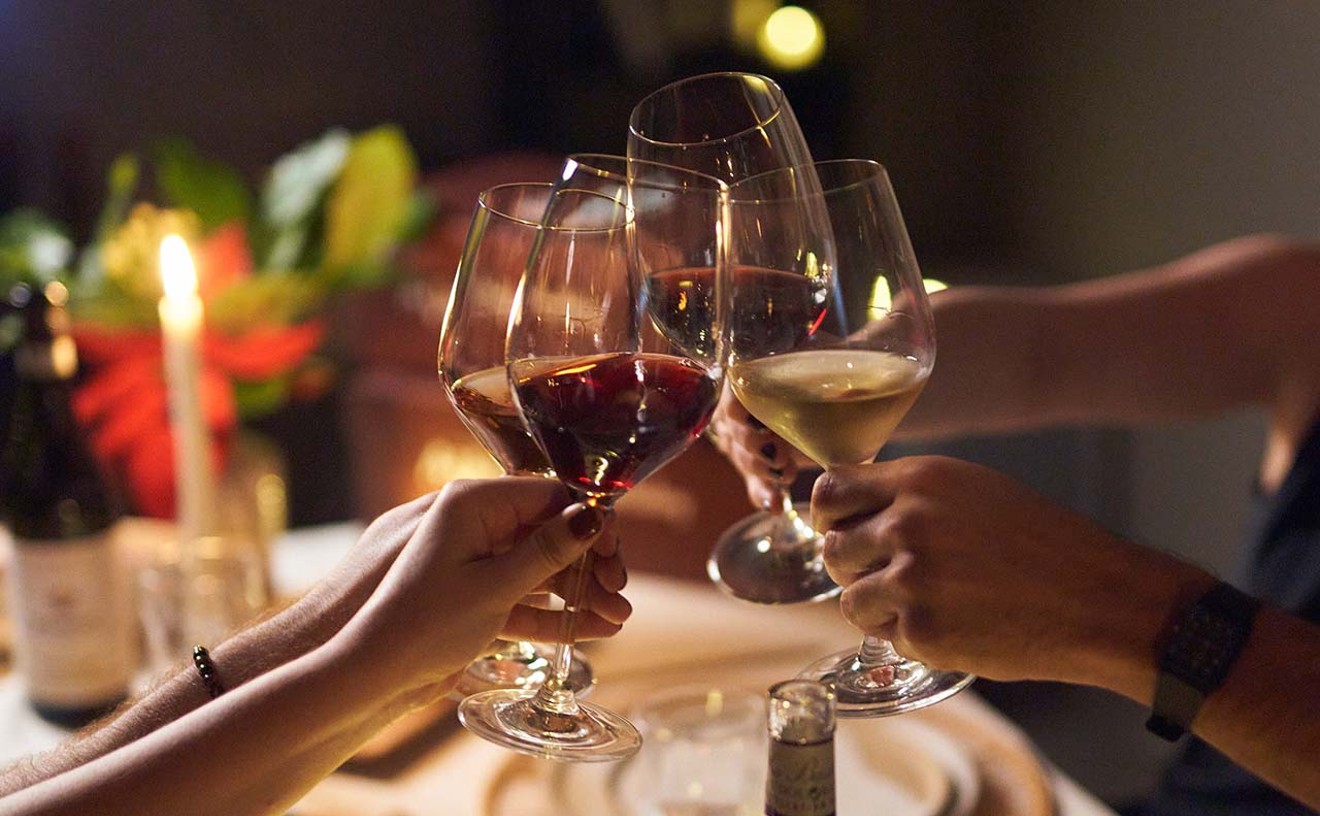Check out yesterday's blog for the first part of our interview with horticultural therapist Robert Bornstein.
New Times: What other topics do you cover?
Robert Bornstein: Today I did a class on old fashioned home remedies.
Was it for seniors?
Yeah.
Can you tell me a tip you shared?
Mangos and starfruit have great fiber. It keeps you regular.
Any other topics you cover?
Aromatherapy. Aromatherapy is so amazing because the nose-mind connection is so strong. I like working with herbs because you can eat them with your food.
And you mentioned something about honey?
A lot of people don't know it's a wound healer, cuts, deep surgical wounds. It's a bactericide.
Good to know. Have any good plant therapy jokes?
Ha! I'm writing a book. I have so many different funny stories over the years.
When do you think it will be done?
When I stop doing these Examiner articles.
What other benefits are there using horticultural therapy for seniors?
Socialization. They get to meet the other residents in the community on a different level and find a common interest. It gives you a sense of purpose when you're growing a plant. Nurturing something. As you age, you're nurturing less and less and you're less independent. It gives you a reason to get up in the morning: I got to water a plant, I got to take care of that and that... It gives a sense of joy again. A lot of people at that age have to give up their cars, give up their apartment. To get something back again from their youth... it's like they get a renewal of life. And, of course, hand-eye coordination, motor skills. If we have a raised bed garden, they're weeding, they're lifting the hoes. I have ladies in their nineties lifting two-gallon water buckets. It's amazing.
How about prisoners?
I haven't done that. But I visited [a prison] in Naples years ago and they're actually growing some of their own food, which is really good.
What are the benefits to them?
Aggression control, being outside in nature, doing something positive with their lives, learning new skills, which they can use later, vocational training. It's really important and should be done more.
What other groups do you help?
Kids I worked with at Fairchild. We had a couple of programs for kids.
What did you teach?
A lot of kids think peas come from a can and carrots come from a bag. They don't know what grows on a tree and what grows above ground and what grows underground.
And I've worked with ARC, The Association for Retarded Citizens. Can you believe they still have that name? They're kids programs. That's really hard. Young kids permanently in wheelchairs. It was very difficult. They would help people out of their chairs, put them in my lap, and we'd go hand-over-hand and do plants outside.
How can gardening promote one's mental state?
Tremendously. Somebody Baker Act-ed, for example, they're coming off the street. They're unstable and they don't have the correct meds. And I say to them, 'What do you do when you need to calm down? How do you cope?' Some people will say, 'I sleep' or 'I punch walls.' People need coping mechanisms--nature is a wonderful coping mechanism. It takes their mind off their problems.
Does food affect one's mood?
Big time. We talk about Adelle Davis, a food guru from the '60s. We talk about choices on the menu. A lot of my seniors, I learn from them. They eat oatmeal so now I eat oatmeal. But I have to put a lot of nuts and fresh fruit in, 'cause otherwise it tastes like wallpaper. But it's really considered a superfood because it cleanses the blood. It filters out the cholesterol and stuff.
I bring a lot of these Caribbean fruits by and the NAs [nursing assistants] tell us why they ate them back home. It's nice to get the staff involved. Every facility should have a garden. It's good for the staff. But nobody wants to do it.
If you could give folks one good tip about horticulture, what would you say?
Always have at least one plant growing in your house.
Why?
Not only does it filter out toxins in the air--you know, many things in our home produce outgassing: the carpets, the paint, the furniture--but it also gives out oxygen. And you're nurturing something. And it's good to have something alive. Plants don't talk back--they don't argue, they don't fight. Man's best friend shouldn't be a dog--it should be a plant!
Follow Short Order on Facebook and Twitter @Short_Order.










